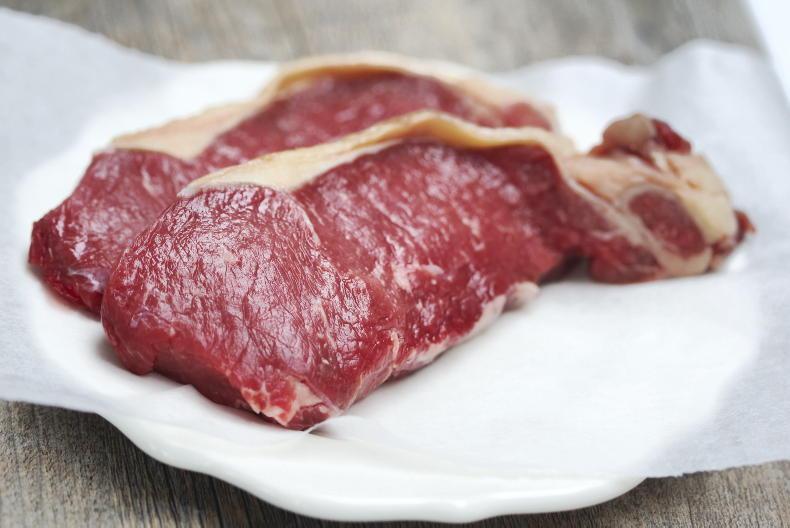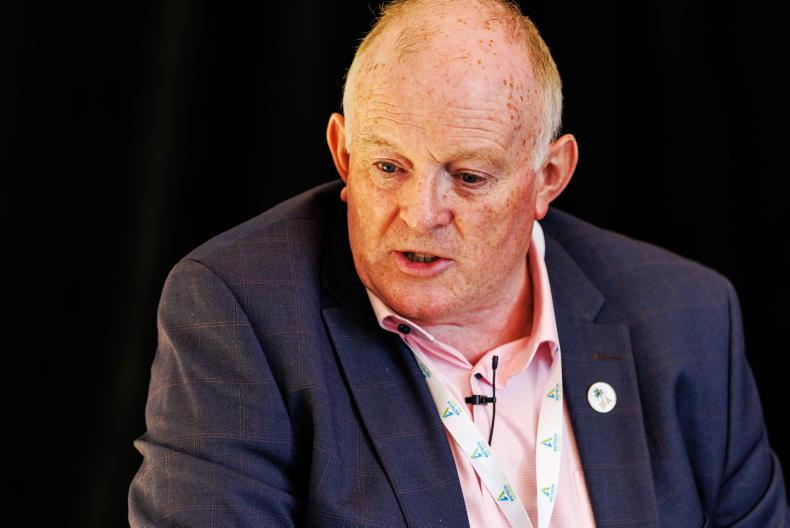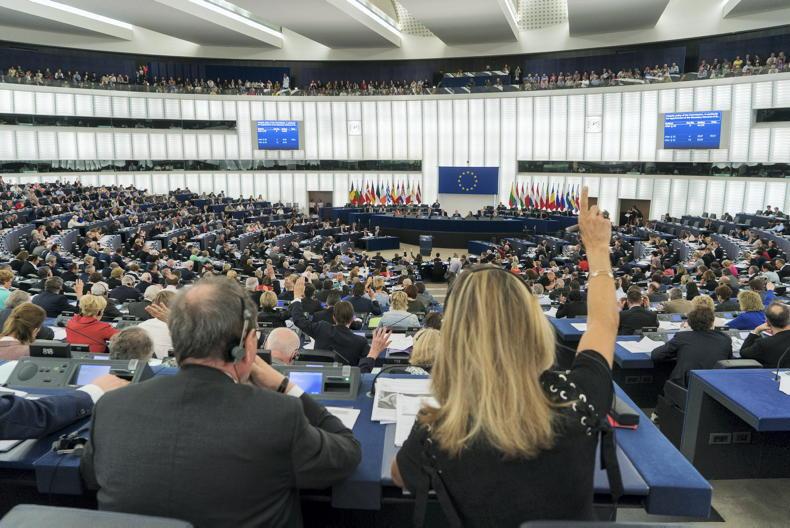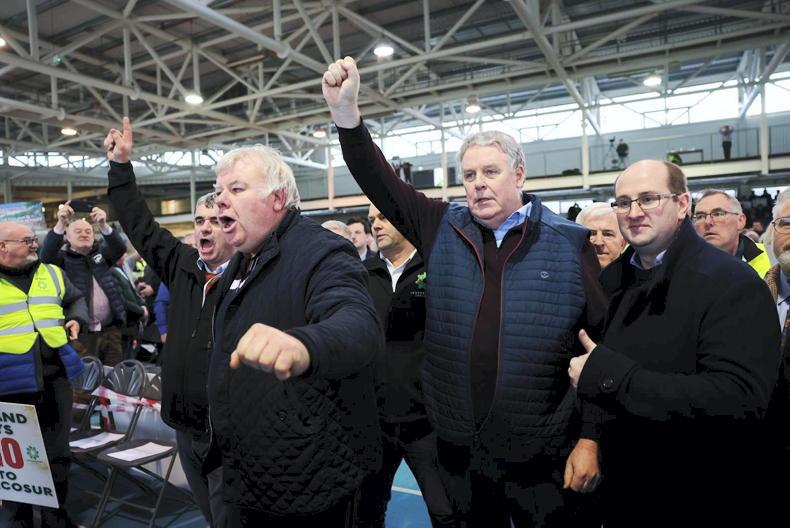A Mercosur trade deal proved to be a contentious issue between a former top EU agricultural trade negotiator and farmer representatives at a conference.
Speaking at the annual Agricultural Science Association (ASA) conference, former EU chief agricultural trade negotiator John Clarke said a Mercosur trade deal should not be a source of concern for Irish beef farmers.
“I don’t think the Irish beef sector or the European beef sector should get their knickers in a twist, if I can use that phrase, about the beef concession, about the beef deal with Mercosur, which I had the privilege of negotiating with Phil Hogan at the time,” he said.
Clarke added that independent studies have shown a Mercosur deal would “have minimal impact on beef production or beef prices in Ireland or across the EU”.
Responding from the floor, Irish Cattle and Sheep Farmers’ Association (ICSA) beef chair John Cleary said he believed the quota of 99,000t of beef into the EU could grow in time.
“Irish beef farmers have found it hard enough in the last maybe eight to 10 years particularly. I think it’s quite trivial of you to pass off 99,000t as a small amount, because it’s like a camel getting into the tent, once he gets his head in that figure will grow and grow,” Cleary said.
Deal next year
As part of a panel on trade and the global economy at the ASA conference in Kilkenny this Thursday, Clarke - who is also a former European Commission director of international relations - said he is “fairly sure” a trade deal between Mercosur countries and the EU will be struck in early 2025.
He outlined a number of reasons why he felt a Mercosur trade deal would not impact Irish beef farmers, including the quantity of beef that would be allowed into the EU, with the 99,000t quota being phased in over seven years.
“It won’t kick in until 2036 or 2037, in my opinion. Even if the agreement is concluded politically next year, it will take two or three years to go through the European Council and Parliament, and there will be a lot of controversy attached to it still,” he said.
Other reasons Clarke felt the deal would not impact Irish farmers were the 7.5% tariff that would be placed on beef imported from Mercosur countries, import licences to manage trade flows and a safeguard measure that would allow the EU to stop imports if trade is disrupted.
“Last but not least, the Commission has been very clear that in the event of the disruption to the beef market in Ireland or generally, the EU will take action to prop up the domestic producers. I think for all those reasons, we shouldn’t worry too much about the Mercosur agreement,” he said.










SHARING OPTIONS